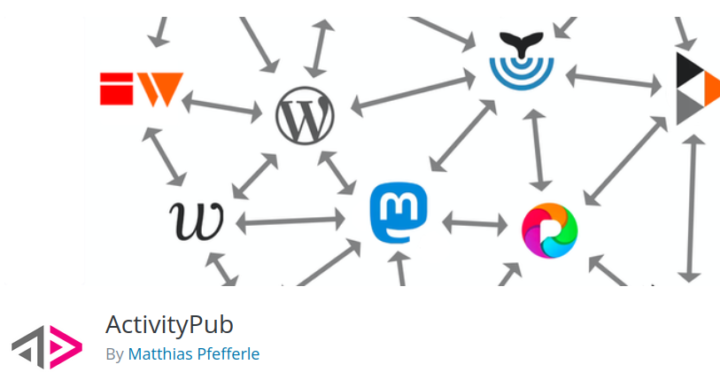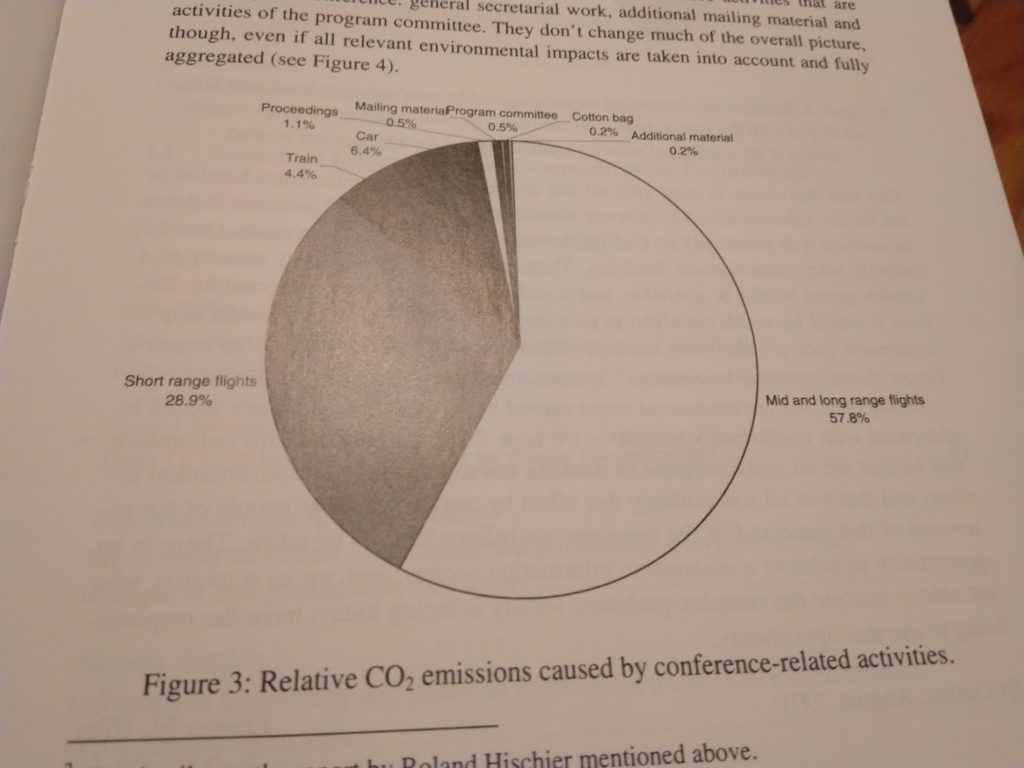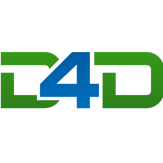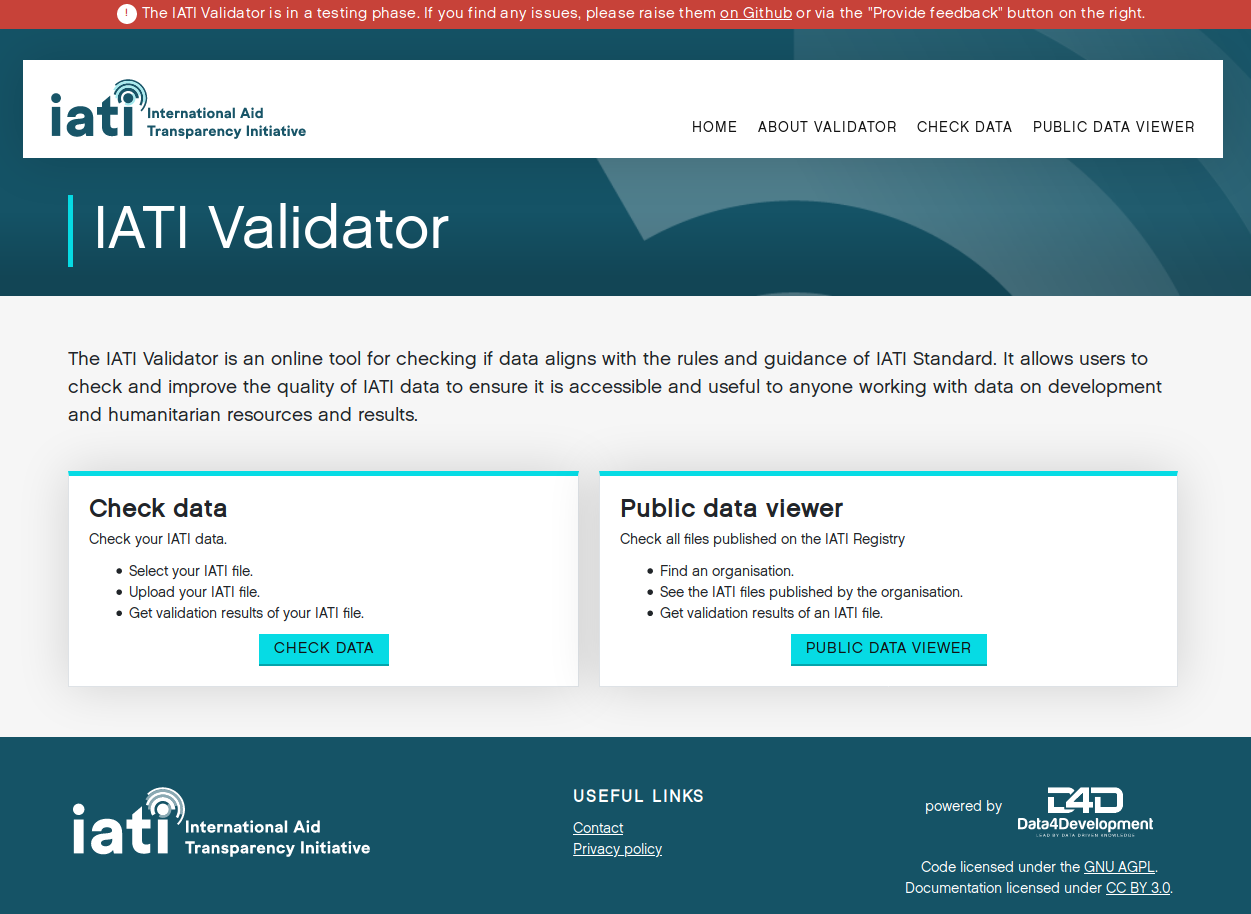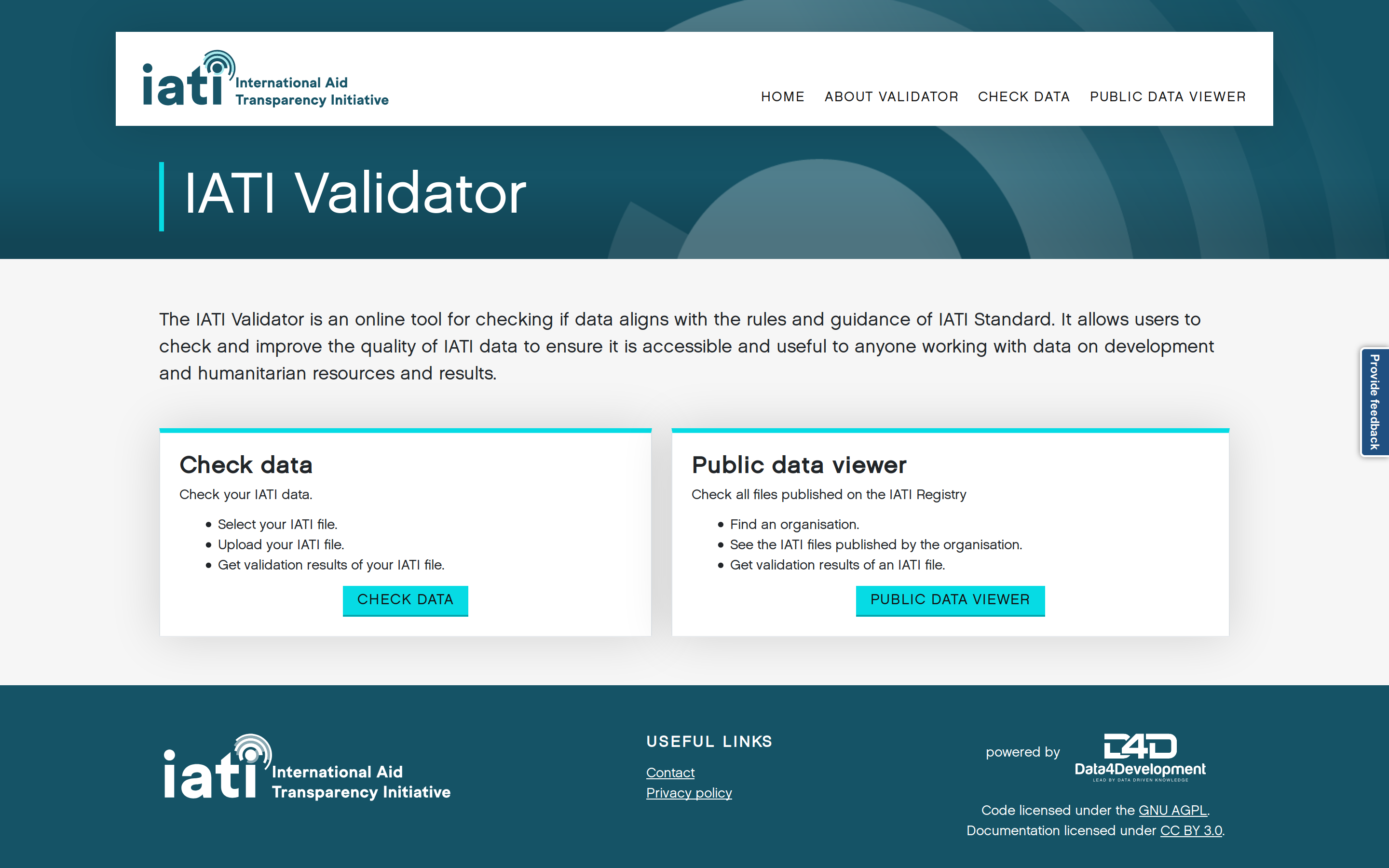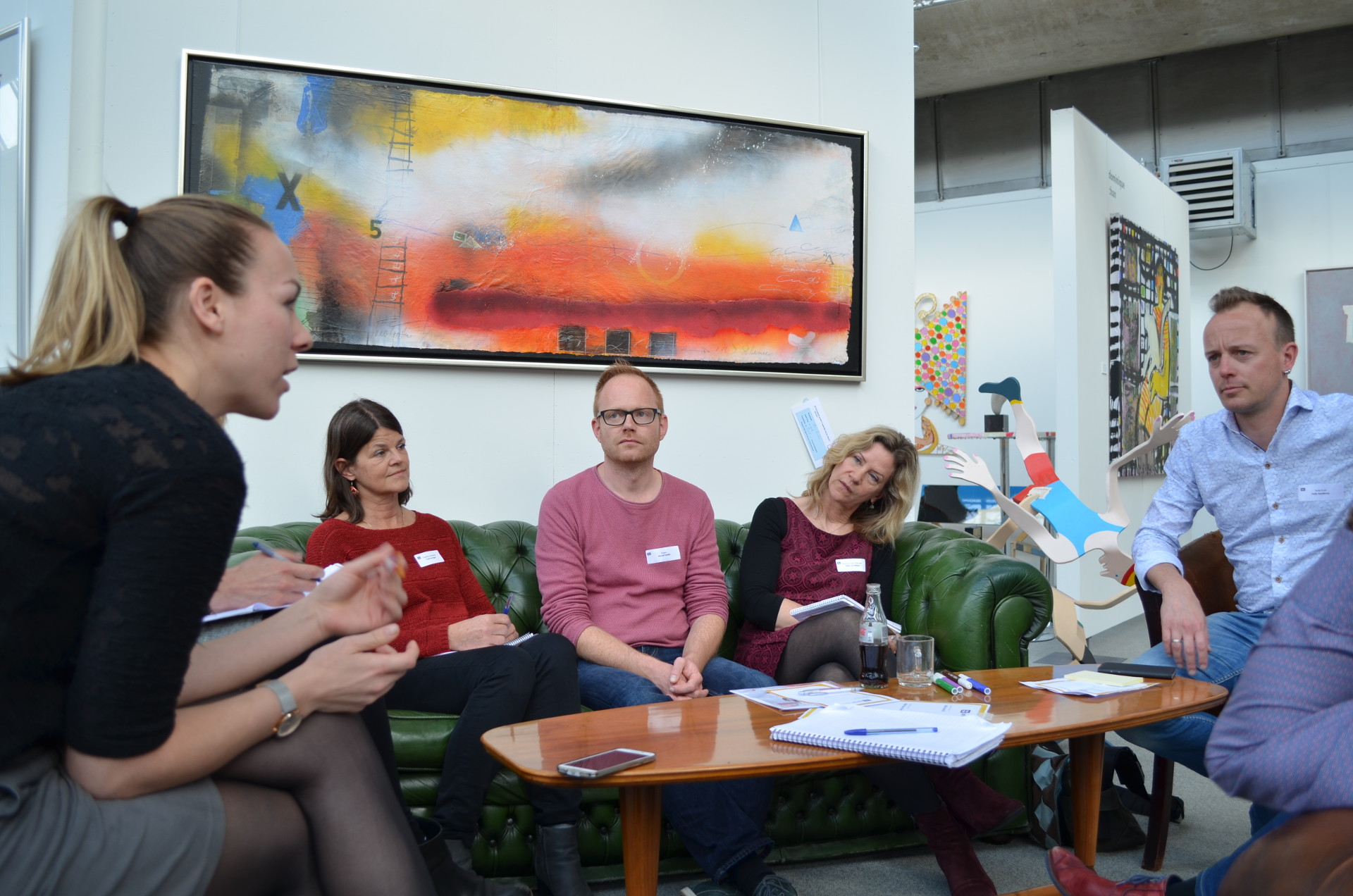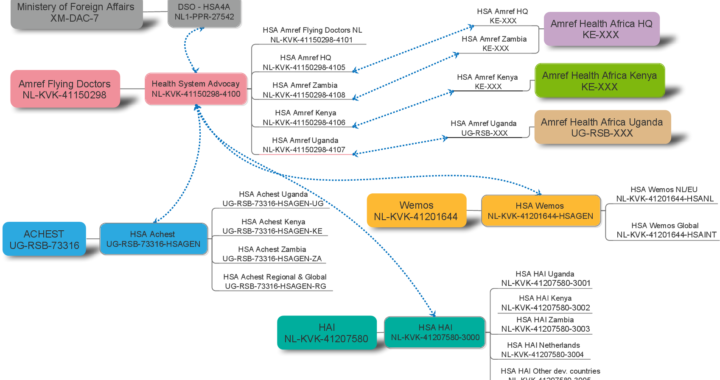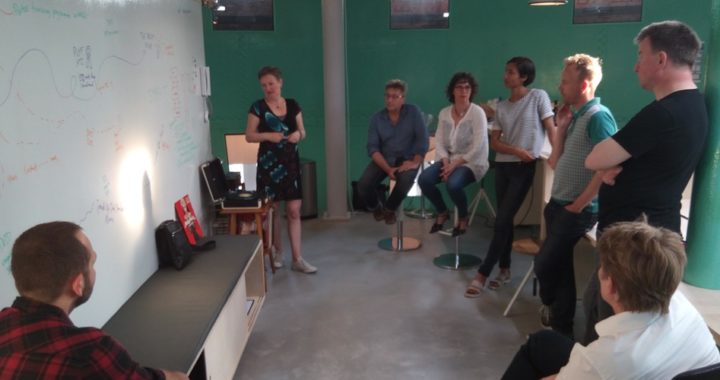Digital gardening
If I had to pick a dominant thread throughout my life, it would be: exploring new ways to organise my notes and knowledge. As a teenager, I typed out paper index cards, to track lemmas in my parents' encyclopedia. Since then, I tried different tools and systems (like Zettelkasten).
Today, I'm starting yet another chapter, and will call it digital gardening: the trend to make more of my notes available on my public website. In my case: I combine Obsidian to take notes, with Material for MkDocs to publish them.

